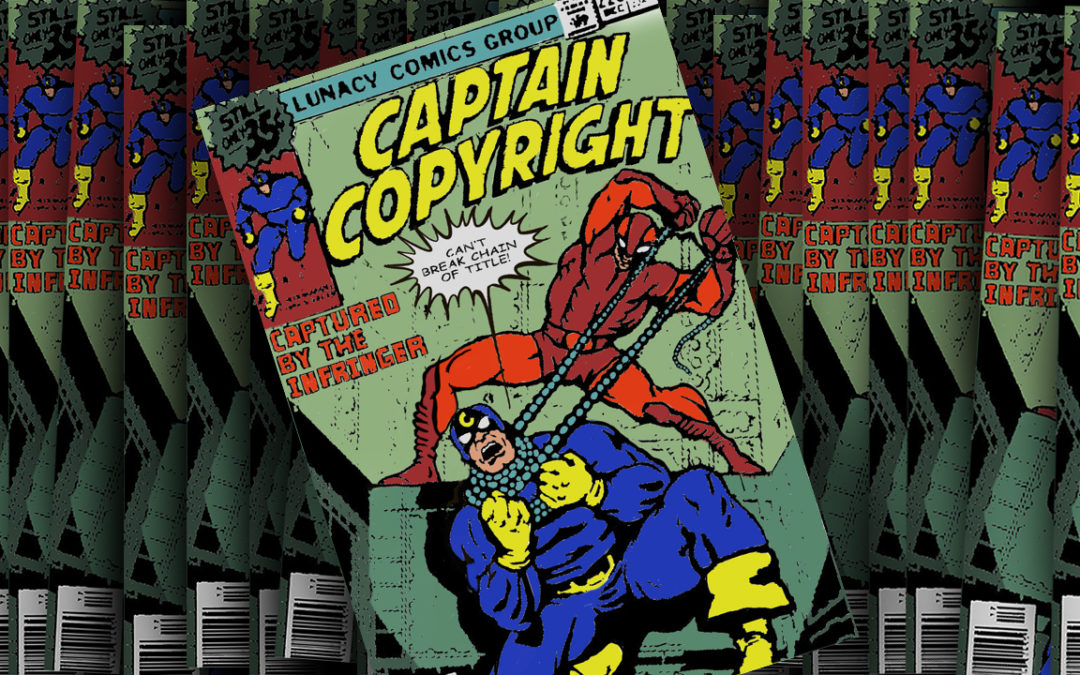Anyone can write a script based on an original idea, but preexisting material, with a built-in audience and some track record of success, is often prized by studios. Be it comic books, best selling novels, remakes of old films, or true stories, established Intellectual Property (IP) has become the lifeblood of the film industry. But acquiring IP can be a complex and intimidating undertaking. Here are a few tips to help demystify this process.
The key to acquiring Intellectual Property is knowing what to ask for. This starts with creating an open and honest conversation with the rights holder. Sometimes this is as simple as reaching out to the author directly. This is where your good friend Google comes in handy. Twitter, Facebook, or a college contact database are good resources too. Let them know you loved their story and talk about why you were captivated by it.
If you are seeking rights for someone’s life story, you’ll likely be dealing with that individual directly. You might also need to go through an agent, manager, or an attorney in these situations.* Often the publisher, and not the creator of the work, will be the rights holder. Their contact information is generally much easier to find, but be warned: if they are a large company with a lot of IP they might take a while to respond to your inquiries. The point is, do your research first to get to the source of the IP.
Let the rights owner know they can trust you to make this project a success.
Once you’re in talks, really listen to their reservations, concerns, or hopes for the project. It may not be the first time they’ve had this conversation. It’s even possible that the IP has been optioned before, only to stall during the development or production process. Let them know why you’re the person who can make this happen by talking about your expertise, connections, and know-how. If you don’t have much experience, you’ll have to compensate with enthusiasm (remember, it’s contagious!). If you can convince them that you’re the right person for the job, they’ll want to make this deal as much as you do.
Once you’ve won over the rights holder, ask for an exclusive term (likely 12-18 months) to control the film and TV rights (yes, you want both!). This is called an option. It’s a less expensive alternative to purchasing a property outright. This protects both you and the rights holder during the development process, giving you the opportunity to purchase at a later date. Keep in mind, you’ll need to compensate them in order to make the contract enforceable. Options can cost as little as $1 if the rights holder is amenable, but offering more than the minimum will show that you’re serious and provide a short-term reward for the seller. The initial option agreement might also include discussions of option extensions, the eventual purchase price, and bonuses.
If you don’t have the funds to make a straight up offer, another possibility is to do a shopping agreement. This minimizes the legal jargon and delays that come with negotiating an option. It gives you an exclusive period of time to try and make the project come to life. Effectively, you “shop” the project to potential investors and agree to negotiate in good faith. Keep in mind, you still need to compensate the rights holder. Also, know that shopping agreements are typically shorter, giving you a limited time to generate interest and financing.
Never develop a project based on an idea where you don’t control the rights
If neither an option nor a shopping agreement is possible, this just might not be the story for you. But remember that business and personal relationships change quickly. Often today’s hot project with a high price tag is tomorrow’s bargain basement steal. The most important thing to remember is that under no circumstances should you develop a project based on an idea where you don’t control the rights. You’ll sacrifice leverage you’ll need to negotiate for the rights later on, and put your reputation at risk.
* Please note this post, nor any of this blog, should be construed as legal counsel or a substitute for legal advice

